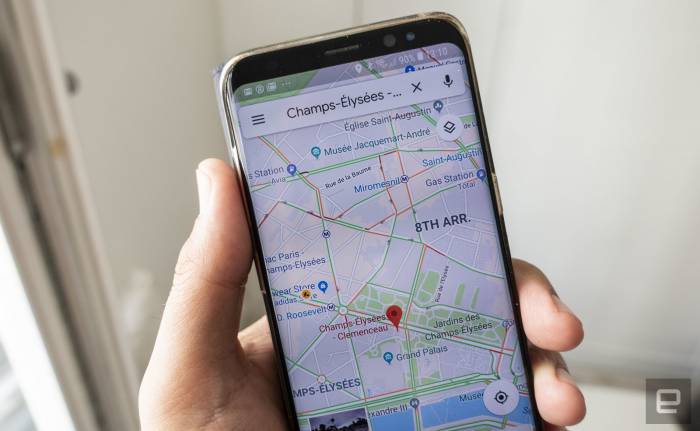The AP's investigation found that with Location History off, Google still stores your coordinates when you open Maps or even do searches, even if they're not related to where you are. After the report first surfaced, Google effectively denied there was a problem, saying "we provide clear descriptions of these tools."
Google has now removed the misleading language on the Location History help page. It used to state that "With Location History off, the places you go are no longer stored." Now, it says:
This setting does not affect other location services on your device, like Google Location Services and Find My Device. Some location data may be saved as part of your activity on other services, like Search and Maps.
That doesn't solve the ongoing challenge of disabling location services in other apps. It's a convoluted process, as you need to log into Google, head to your Google account and then select "Manage Your Google Activity." You then hit "Go To Activity Controls," and flip the toggle under "Web and App Activity" to pause it.
The GDPR and other laws are designed to make it easy for consumers to understand when they're being tracked and to easily opt out. The initial Associated Press report also caught the attention of US lawmakers. Senator Mark Warner told the AP that it's "frustratingly common" for tech giant to "diverge wildly from the totally reasonable expectations of their users."
Profit is Google's main incentive to keep user location data, as it helps advertisers better target consumers. The EU Commission recently fined Google €4.34 billion for breaching EU antitrust rules, and potential GDPR fines can amount to 4 percent of a company's yearly turnover. Following the report, US Rep. Frank Pallone called for "comprehensive consumer privacy and data security legislation" in the US.
Engadget
More about: Google
















































